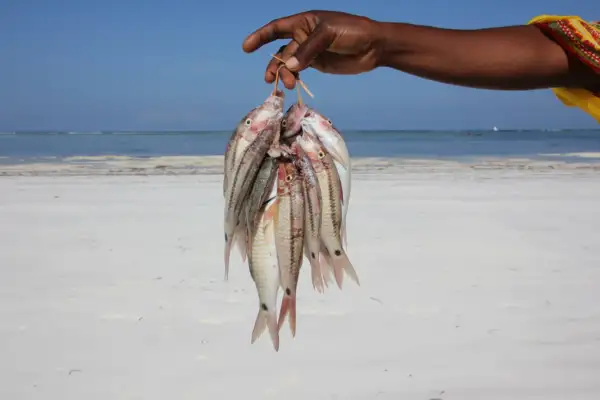As the sun rises over Mombasa’s Kilindini Harbor, the daily rhythm of East Africa’s busiest port begins: ships docking, cranes swinging into motion, and dock workers preparing for another day. For decades, it has been a scene dominated by men – but the tide is beginning to turn.
Globally, the maritime industry remains one of the most male-dominated sectors. According to the International Maritime Organization (IMO), women account for just 1.2% of the seafaring workforce. In Africa, where ports like Mombasa, Dar es Salaam, and Lagos form critical trade arteries, that percentage is even lower. Yet change is underway—and East African women are at the helm.
Breaking the Waves of Bias
Maritime careers, ranging from marine engineering and piloting to port management and maritime law, have historically been out of reach for women due to deep-seated stereotypes, systemic exclusion, and a lack of visibility. In training institutions, maritime classes are still mostly male. At sea, female officers remain rare. In leadership roles onshore, women are often the exception.
But inclusion in the maritime sector is no longer just a gender issue – it is an economic one. With East Africa turning towards the Blue Economy for growth, demand for skilled maritime professionals is increasing. Excluding half the population from this growth sector is both short-sighted and unsustainable.
Kenyan Women Rising at Sea
In Kenya and other East African countries, the winds of change are visible. Take Captain Elizabeth Marami, Kenya’s first female marine pilot. Her journey through rigorous training and industry barriers has become a beacon for many aspiring girls. Today, she is not only a pioneer but a passionate advocate for gender equality at sea.
Her story has resonated far beyond Kenya. Across the continent, women are stepping into maritime roles with confidence. In Nigeria, the Women’s International Shipping and Trading Association (WISTA) is fostering mentorship and policy support for women. In South Africa, the number of female merchant navy cadets is steadily rising.
These individual victories are adding up to a continental shift, one that views gender inclusion as a pillar of sustainable development. Here in Kenya, a bold initiative is giving this momentum institutional backing: The Kilindini Campaign.
Why Inclusion Matters
Diversity in the maritime industry is not a feel-good agenda, rather it is smart economics. Studies consistently show that gender-diverse teams deliver better outcomes, especially in high-pressure, logistics-heavy industries like shipping and port management.
When women are present, in engine rooms, boardrooms, and command bridges, efficiency improves. So does safety, accountability, and problem-solving.
Moreover, the presence of women in maritime careers reshapes social narratives. For girls in coastal counties like Mombasa, Lamu, and Kilifi, seeing women in captain’s uniforms or in control towers broadens their dreams and challenges outdated stereotypes.
Anchoring the Future
Africa’s economic future is increasingly tied to its oceans. The Blue Economy – encompassing fisheries, maritime transport, coastal tourism, and offshore energy – offers immense potential. But to tap into it, we need a workforce that is skilled, future-ready, and inclusive.
That must include women.
The Kilindini Campaign is more than just a project. It is a signal that East Africa is ready to lead not only in maritime trade volume, but in equity and innovation. We look forward to working with neighboring countries to build a collaborative coalition to achieve these efforts.
It is time to invest in women who sail, lead, and innovate. Let’s create a maritime sector where they are not the exception, but the norm. Let us support the women breaking waves – so they can also chart new waters for East Africa.

